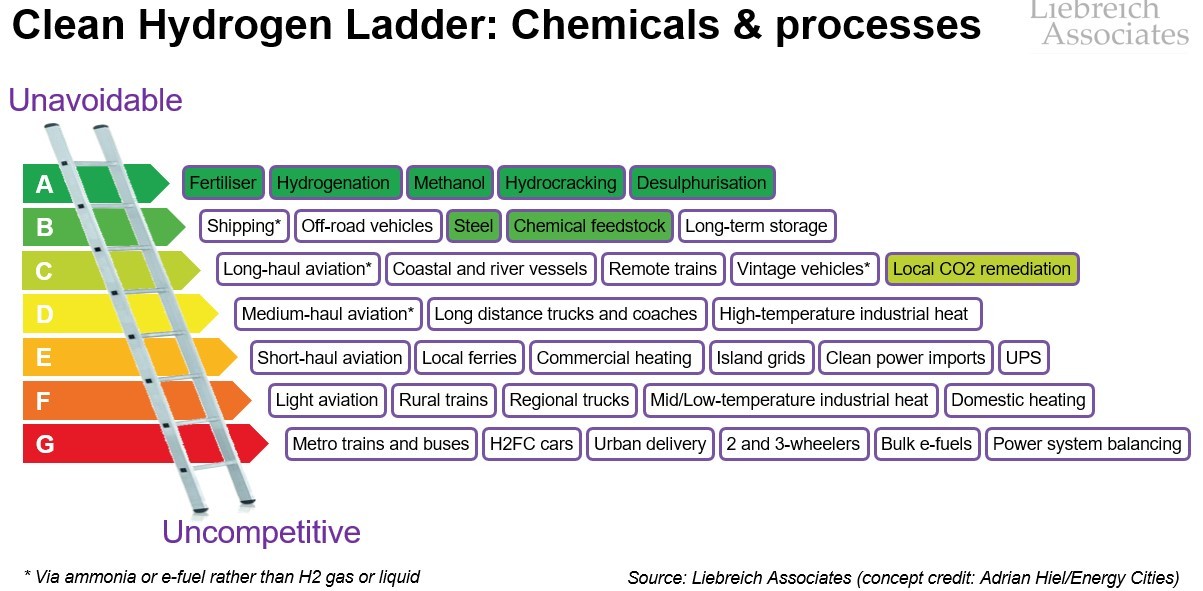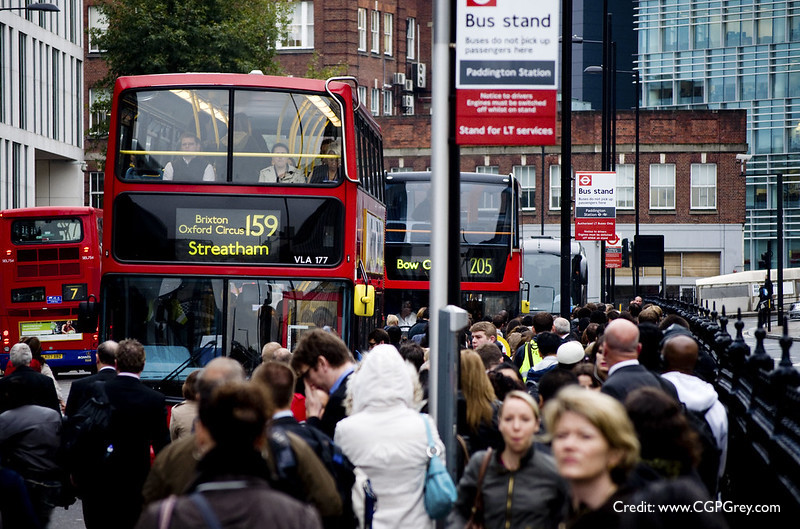The Guardian: Trump’s influence on the future of clean energy is less clear than you think
Written for The Guardian, Click here to read the onlne article
As the world struggles to absorb the implications of Donald Trump’s unexpected victory in the US general election, no one is facing the future with more trepidation than those working on clean energy, clean transportation, climate and the environment. Hillary Clinton had promised to build on Obama’s substantial progress in this area; now they worry that it may be reversed, and then some.
What does the future hold, under a Trump government, and how worried should we be?
The first thing to note is that Trump’s comments on energy during his campaign do not add up to a coherent policy. He promised that if he were elected, “the shale energy revolution will unleash massive wealth for America, and we will end the war on coal and the war on miners” – even though the two energy sources are in fact in competition. He dismissed wind and solar as expensive, ignoring all evidence that this is no longer the case. He is pro-nuclear. And, like almost every president since Richard Nixon, he promised US energy independence.
On climate change, Trump famously claimed that “the concept of global warming was created by and for the Chinese in order to make US manufacturing non-competitive”. He pledged to “cancel” the Paris climate agreement and to rescind Obama’s Clean Power Plan. Trump resolutely opposed the wind farms that can be seen from his golf courses (though he has also acknowledged the threat of rising sea levels to those same golf courses). During his campaign, he promised to abolish the Environmental Protection Agency (EPA), whose responsibility for regulating CO2 emissions was confirmed by the US Supreme Court a decade ago.
Overall, on the environment, he said: “We’ll be fine, we can leave a little bit, but you can’t destroy businesses.”
There is no question, then, that we are entering a time of potentially grave peril for the planet and for many of the industries that promise a sustainable long term future. But, just as the election of Obama did not mark “the moment when the rise of the oceans began to slow and our planet began to heal”, as he claimed when he was first elected president, nor will Trump’s election mark the opposite.
For all the “war on coal” rhetoric, US coal’s biggest problem was never Obama, nor would it have been Hillary Clinton. It is cheap natural gas first, cheap renewable power second and flat electricity demand third. With endless shale gas and aging plants, the economics of US coal will continue to worsen, and individual states will continue to pursue action on reducing emissions.
In oil and gas, removing regulations on fracking and opening up US national parks and federal lands to exploration might reduce costs, but not by much. The real threat to US domestic production is low global oil and gas prices, which look like they will be with us for some extended time.
Although he portrays himself as a master dealmaker, Trump is a political novice and a divisive one. To abolish the EPA he would need the support of Congress. While both houses are controlled by Republicans, they do not have the 60 votes in the Senate needed to avoid a Democrat filibuster and act unilaterally. When it comes to the trillion dollars Trump promised to spend on roads and other infrastructure, he will face stiff opposition from fiscally conservative Republicans.
Trump claims the Paris climate agreement will “give foreign bureaucrats control over how much energy [is used] right here in America”. That’s simply not true. Retreating from it would not result in a US energy or industrial renaissance – in fact, the opposite: the agreement is set to create global markets for exactly those clean energy and transportation technologies in which the US leads the world.
Whatever happens in the US over the next four years, technologies such as wind and solar will continue getting cheaper until they beat out fossil fuels; battery and fuel-cell electric vehicles will keep getting better until they render internal combustion engines old fashioned. So the world will continue its inevitable transition to clean energy and transportation, just at a slower rate than if the US were fully committed to leading the process.
Does that matter? I’ll leave the last words to President-elect Trump.
In 2009, ahead of the Copenhagen Climate Summit, he was a co-signatory to a letter to Obama which pointed out that clean energy technologies would “spur economic growth, create new energy jobs and increase our energy security”. The letter concluded by saying: “If we fail to act now, it is scientifically irrefutable that there will be catastrophic and irreversible consequences for humanity and our planet.”
A lot of people will be hoping he remembers those words when he takes office on 20 January next year.
Terms of use: photos and other media may be used exclusively for the purpose of publicising an upcoming or past event involving Michael Liebreich, or to illustrate an article written by him. Their use must be accompanied by a clear indication of copyright in the following form:
© Liebreich Associates/name of photographer. Photos or other media downloaded in this way remain the property of Liebreich Associates Ltd. Any infringement of these terms of use may result in legal action by Liebreich Associates Ltd or by the respective photographer or rights holder.






